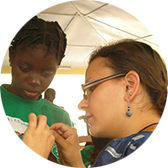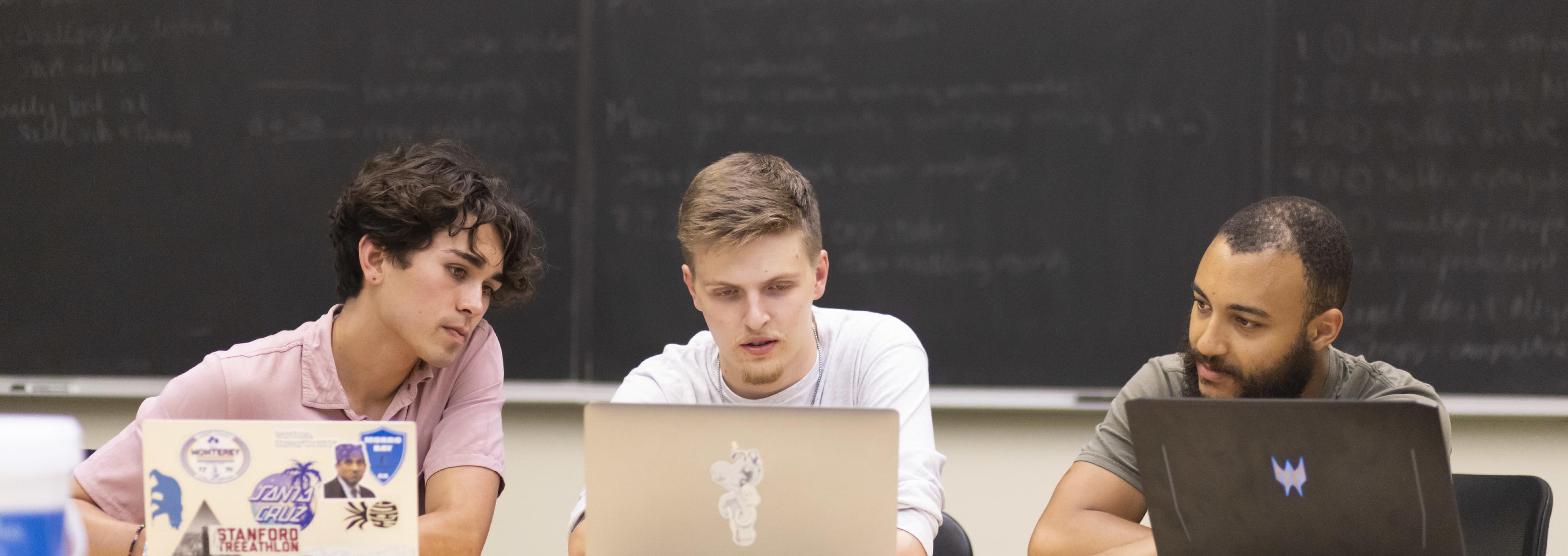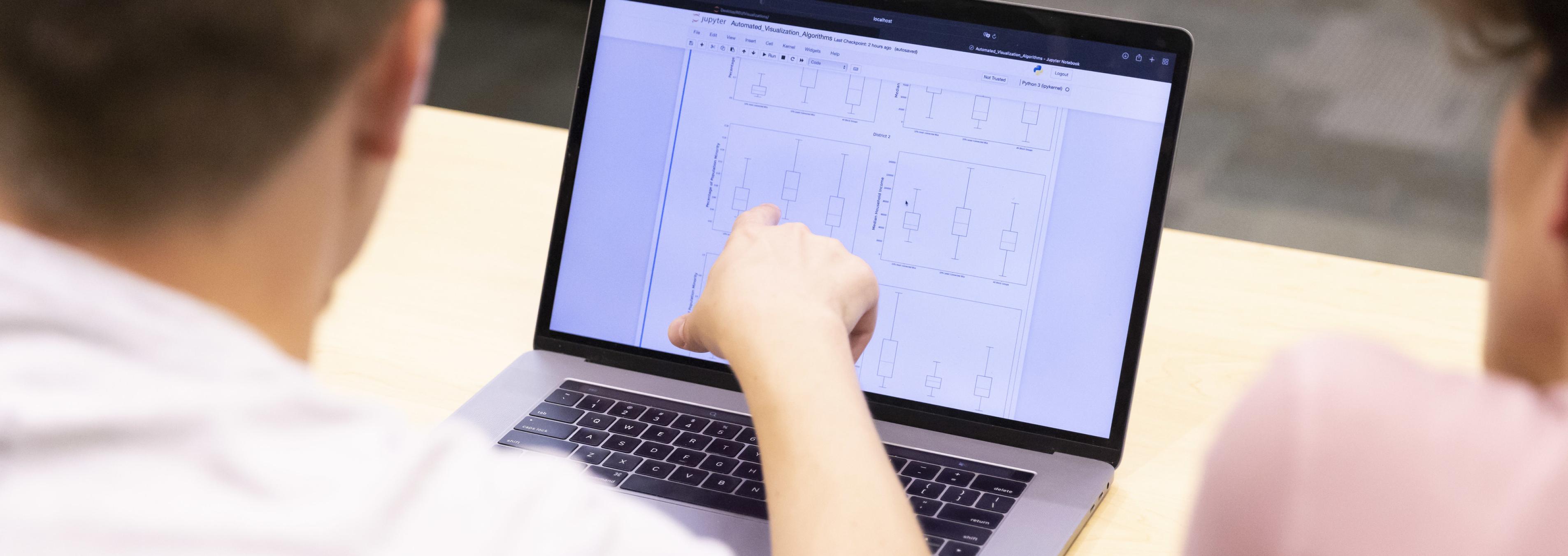WHAT You’ll LEARN
- How markets work and their effects on your life
- How consumers, firms, laborers, and governments make economic choices
- How to model human behavior in a variety of economic circumstances
- How to evaluate economic choices and interpret statistical analysis
- How to use analytical tools to evaluate policy selection, efficacy, and efficiency
WHO YOU COULD BE
- Lawyer
- Economist
- Consultant
- Futures trader
- Chief financial officer (CFO)
- Analyst (risk, data, investment)
OVERVIEW
How do individuals make decisions about work, wealth, and well-being? How do governments affect the overall level of economic activity? How do firms decide how much to produce and what prices to charge? How is the discipline of economics used to design policies for environmental concerns such as climate change?
Economics is the social science concerned with individual and collective decision-making in a world where resources have multiple uses. Students in the economics department at Puget Sound use the tools of economics to critically analyze private and public decision-making processes, contemporary and historical socioeconomic issues, and the fundamental role that economic forces play in society. The department also provides students with the mathematical, statistical, and experimental tools necessary to investigate these various areas.

"As a student, I recognized the importance of taking advantage of as many opportunities as possible to broaden my exposure and develop my resume. I interned for two summers in Washington, D.C., with the Census Bureau and State Department. I also worked for the Greater Tacoma Community Foundation, a nonprofit that does investment in the community."
















